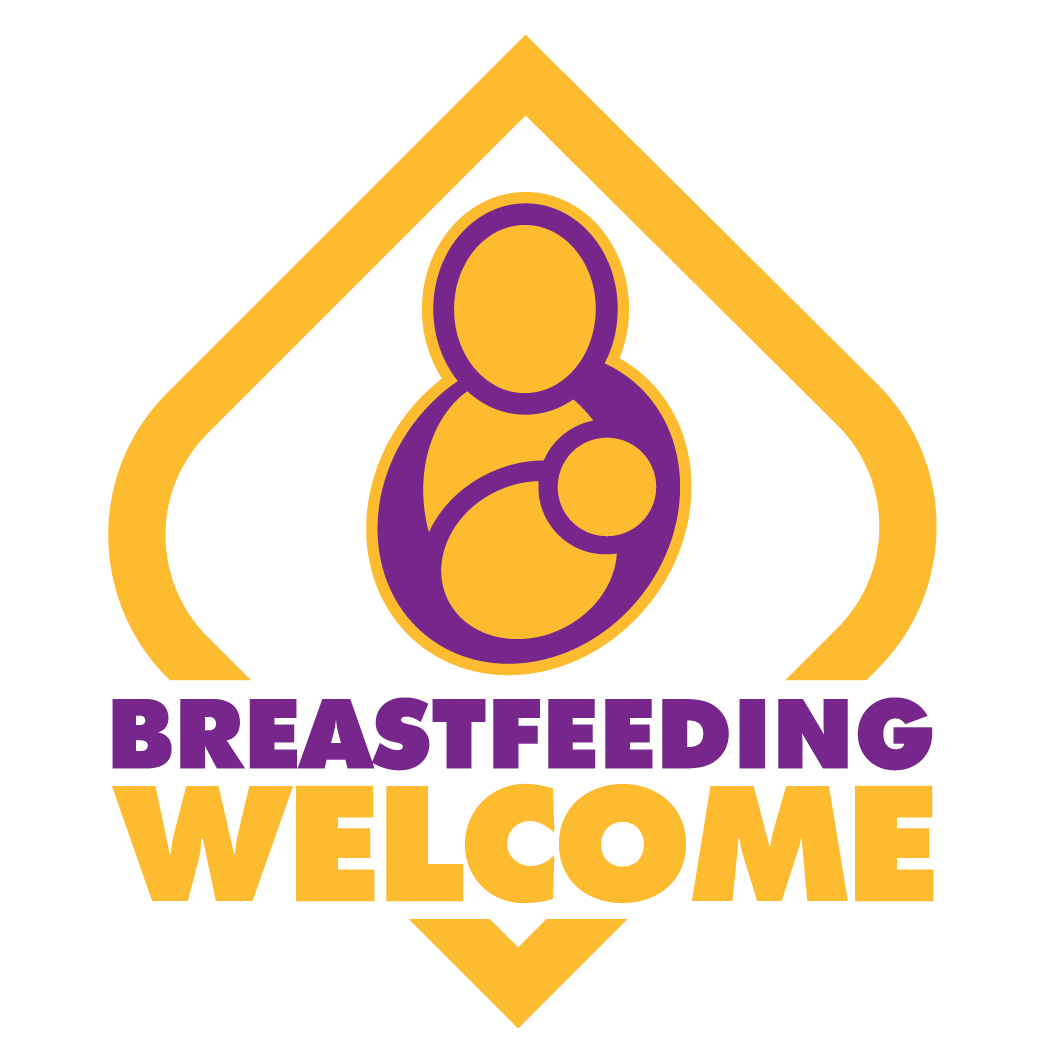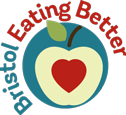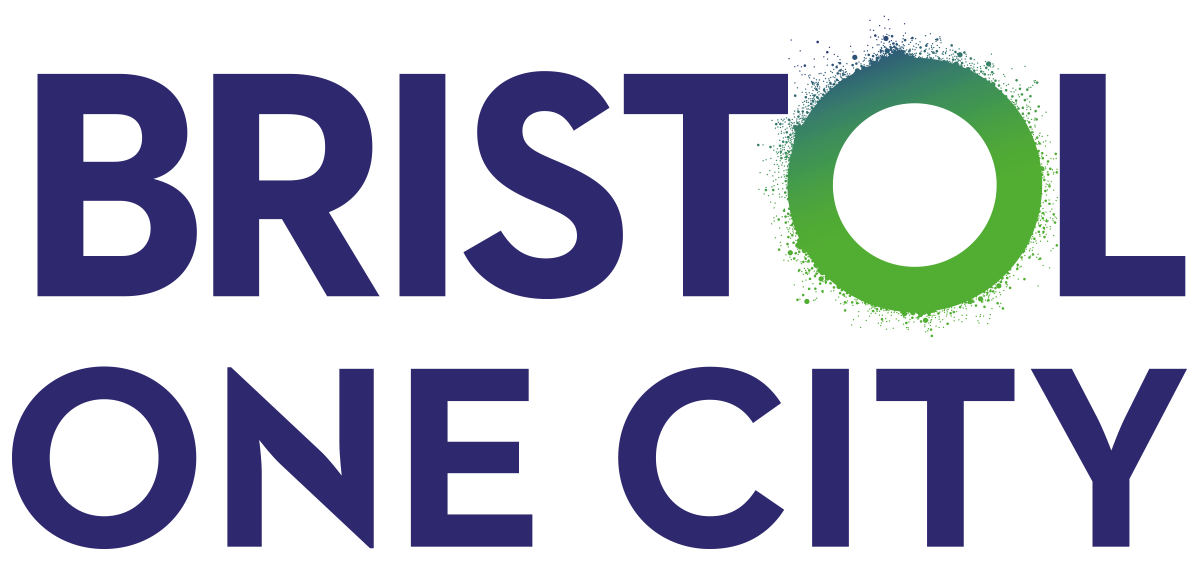Cater for different dietary and cultural needs, sign up to the Breastfeeding Welcome Scheme, offer non-alcoholic drinks, make sure outdoor areas are smoke free.
Objective 6 of the Bristol Eating Better Award outlines 4 actions you can take to improve health and support different people's needs.
For more detailed guidance about the actions see the pdf guidance document(904 KB) .
Cater for dietary and cultural needs
It's important to understand cultural differences to provide the best care to the consumer regardless of race, origin, sex, age, religion, sexual orientation, social class, economic situation or disability. The varied diets and eating patterns of different cultures may impact your work as a provider during shopping and errands, meal prep and eating.
You cannot assume that your past experiences with a person from a particular culture can be applied to everyone from that culture. You could ask your customer:
- about their culture
- what kinds of foods they may prefer to eat
- what time of the day they prefer to eat a large meal
These foods and meals may be different from what you're used to eating. Talking to your customer about their needs and how to shop for and prepare enjoyable food will help to keep your customer healthy and happy.
For more information visit Cultural Considerations in Nutrition and Food Preparation Go to https://www.cdss.ca.gov/agedblinddisabled/res/VPTC2/9%20Food%20Nutrition%20and%20Preparation/Cultural_Consider_in_Nutrition_and_Food_Prep.pdf (opens new window).
Join the Bristol Breastfeeding Scheme

The Bristol Breastfeeding Welcome Scheme aims to support mothers to breastfeed when they're out and about with their babies.
Hundreds of local venues and services, including cafes, restaurants, buses, visitor attractions and community settings, have signed up to the scheme to demonstrate that they're breastfeeding friendly. Look out for the Breastfeeding Welcome logo when you're out and about.
By completing this action, you'll join the Bristol Breastfeeding Welcome scheme, and you'll benefit from:
- access to more families
- knowing that you're doing your bit towards a healthier Bristol by supporting breastfeeding
By joining the scheme, you agree to:
- ensure all your staff know about the scheme
- display a Bristol Breastfeeding Welcome scheme window sticker or poster
- uphold a woman's right to breastfeed by ensuring that if someone complains, the complainant is moved, not the mother
Offer non alcoholic drinks
Alcohol consumption contributes to 3 million deaths each year globally and the disabilities and poor health of millions of people.
Harmful alcohol use is responsible for:
- 5.1% of the global burden of disease
- 7.1% of the global burden of disease for males
- 2.2% of the global burden of disease for females
Alcohol is the leading risk factor for premature mortality and disability among those aged 15 to 49 years, accounting for 10% of all deaths in this age group. Disadvantaged and especially vulnerable populations have higher rates of alcohol-related death and hospitalisation.
There is an increasing market for non-alcoholic drinks that businesses can benefit from.
- More than 20% of Brits now identify as non-drinkers, with 10.6 million of us avoiding alcohol.
- 29% of the younger generation (millennials and generation Z) identify as non-drinkers, so it's important to cater for them. With drinkers' changing tastes, low alcohol wine sales have soared to 1000% of their 2009 value, and the market value of non-alcoholic beer has risen 58% in the last year.
- 41% of drinkers say taste is the main reason for choosing a drink and just 4% are concerned with the ABV strength of their drink.
Examples of drinks that can be served in place of alcoholic drinks include:
- non-alcoholic cider
- non-alcoholic beer
- flavoured sparking water
- non-alcoholic spirits
- alcohol free wine and sparkling wine
- mocktails
Make sure outdoor areas are smoke free
The negative effects of smoking on health are widely known and promoted. In England in 2020, there were 506,100 hospital admissions and 74,600 deaths because of smoking. The burden on the NHS included 710,000 prescription items to help people stop smoking.
Smoke free law
On 1 July 2007 the smoke free law was introduced to protect employees and the public from harmful effects of secondhand smoke. Indoor smoking rooms are no longer allowed and managers of smoke free premises have legal responsibilities to prevent people from smoking. The ban covers all types of smoking, including cigarettes, pipes and cigars. The rules apply to customers and anyone working at or visiting the business, from senior managers to temporary staff, and from the largest firms down to sole traders.
The smoke free law applies to virtually all ‘enclosed' and ‘substantially enclosed' public places and workplaces. This includes both permanent structures and temporary ones, such as tents and marquees. Premises will be considered ‘enclosed' if they have a ceiling or roof and (except for doors, windows or passageways) are wholly enclosed either on a permanent or temporary basis.
To make sure outdoor areas are smoke free:
- display no-smoking signs in your outdoor seating areas
- implement a no smoking policy and make sure your staff and customers know
- train staff on how to confidently challenge anyone breaking the no smoking policy
Last reviewed: 5 October 2022


